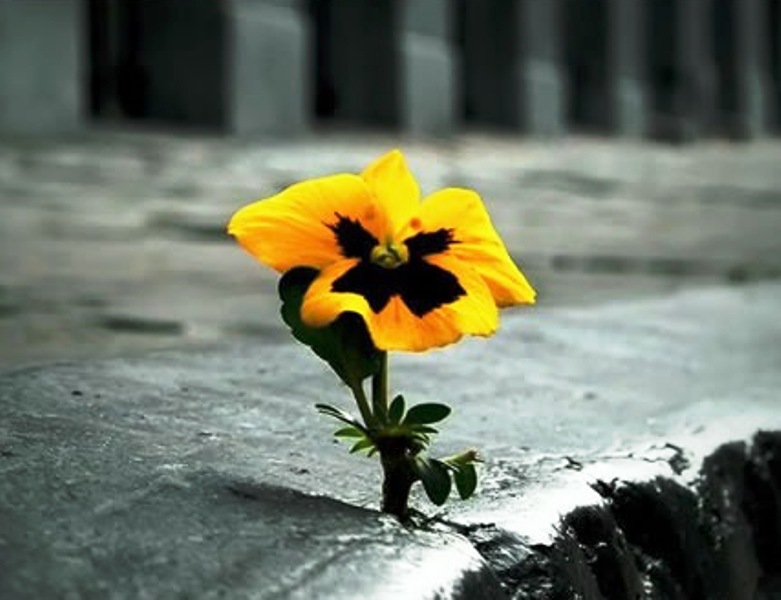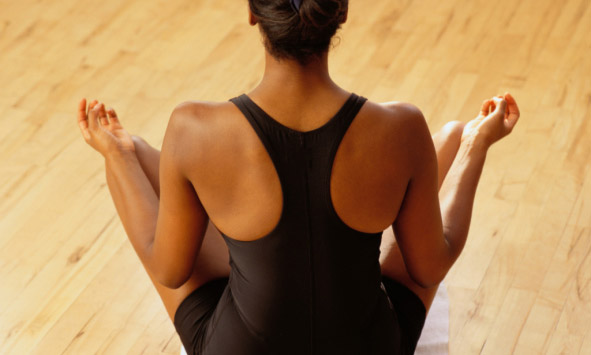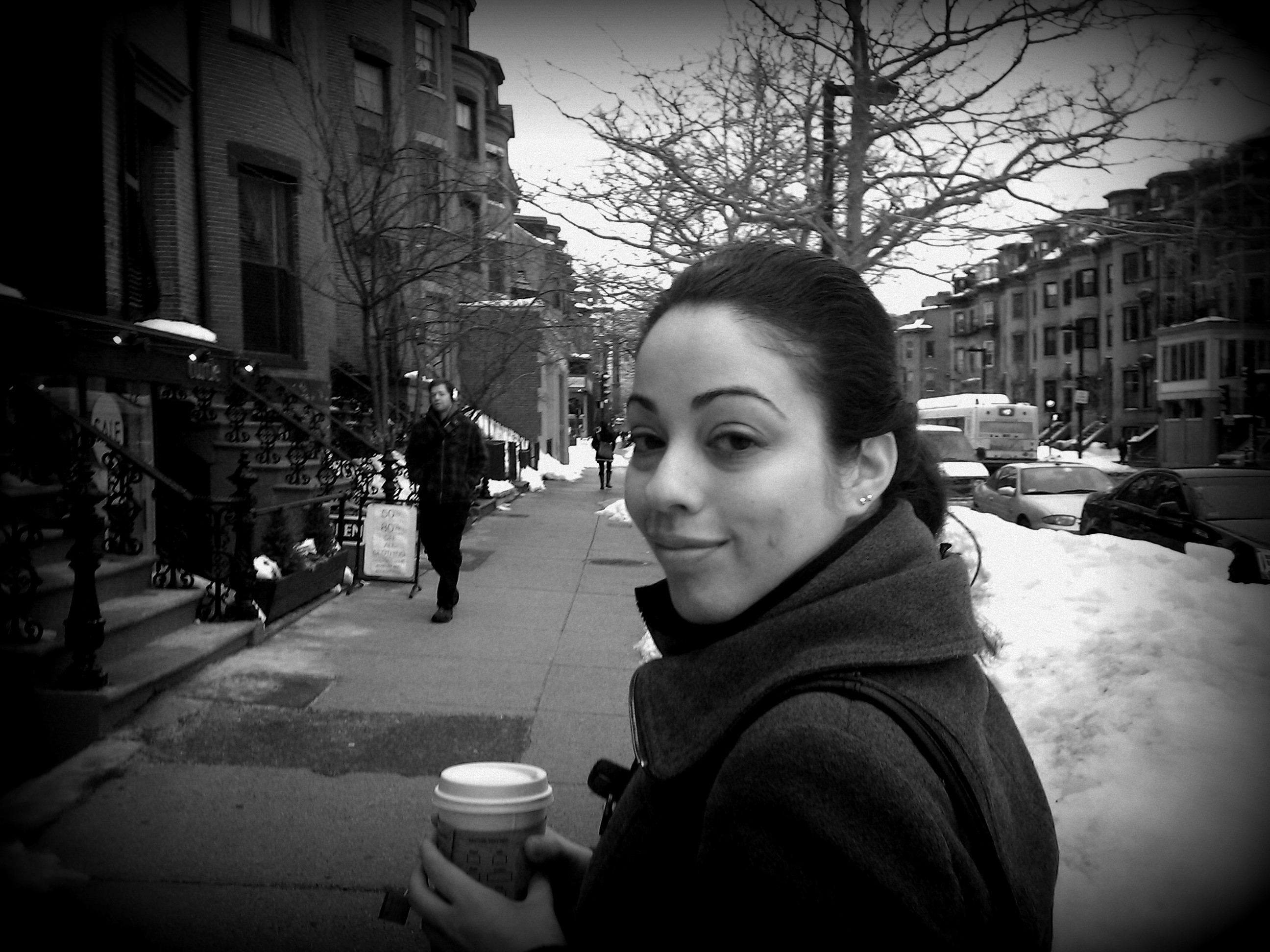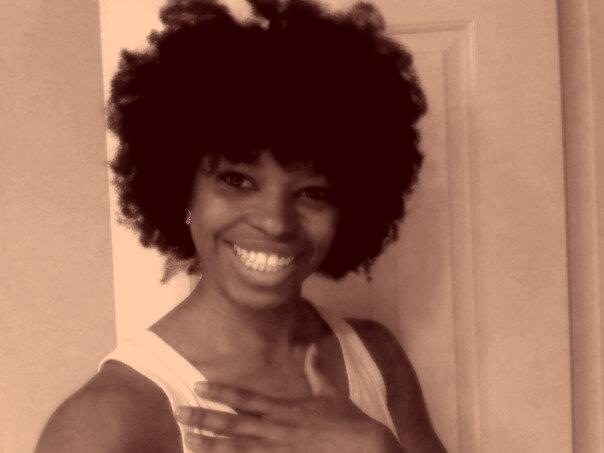I know it's been a while. I've had a lot going on. 2013 was quite a year - one that I'm not likely to miss but will always remember for how much it grew me.
-
-
I Have a Dream: Imagine Martin Luther King, Jr. As Weak
Rather than the prophetic force he's been eulogized to be, imagine Martin Luther King Jr. as just another man walking down the street, or sitting at a bus stop looking down at his knees, pensive... wondering whether or not he was doing the right thing. Imagine him as human, so…
-
Afrofeminism - Blog - Gender and LGBT Issues - Love and Afrofeminism - My Work - Self-Care and Self-Love - Special Series - Writing and Guest Blogging
Love and Afrofeminism: Is the Self Care Movement Individualist or Revolutionary?
Is the Self-Care Movement individualist or revolutionary? African culture prioritizes the welfare of the whole over the individual—perhaps too much so. But on the flipside, the individualism I’ve experienced in the US isn’t much better. Is balance between these two extremes even achievable?
-
A Love Poem to Say Goodbye: Things I Didn’t Know I Loved
A parting poem from my beautiful partner. She read this at my goodbye party last weekend, and wanted me to share it with all of you. As she has dedicated this to me, I dedicate this to everyone who loves an activist, who gives them sustenance when they are running…
-
Blog - Gender and LGBT Issues - Guest Posts - Love Is My Revolution - Special Series - The Political, Personalized
Lessons Learned from a Straight African Woman: Homophobia is UnChristian
Love Is My Revolution: A few weeks ago, I shared a short photo essay about my best friend, ChiChi. We'd been estranged for four years due to my sexuality and her Christian faith. Recently, we reunited to find our friendship changed for the better. Given the ongoing battle between religion…




